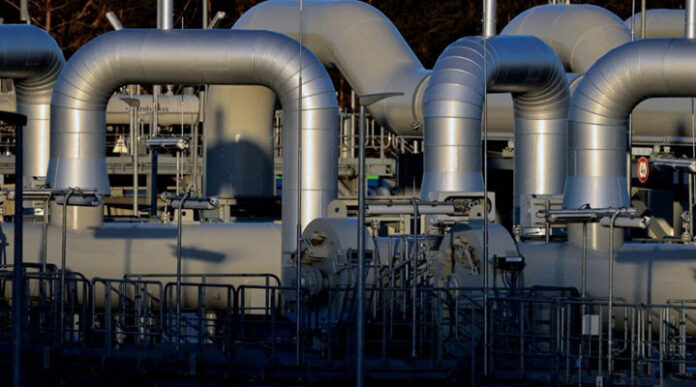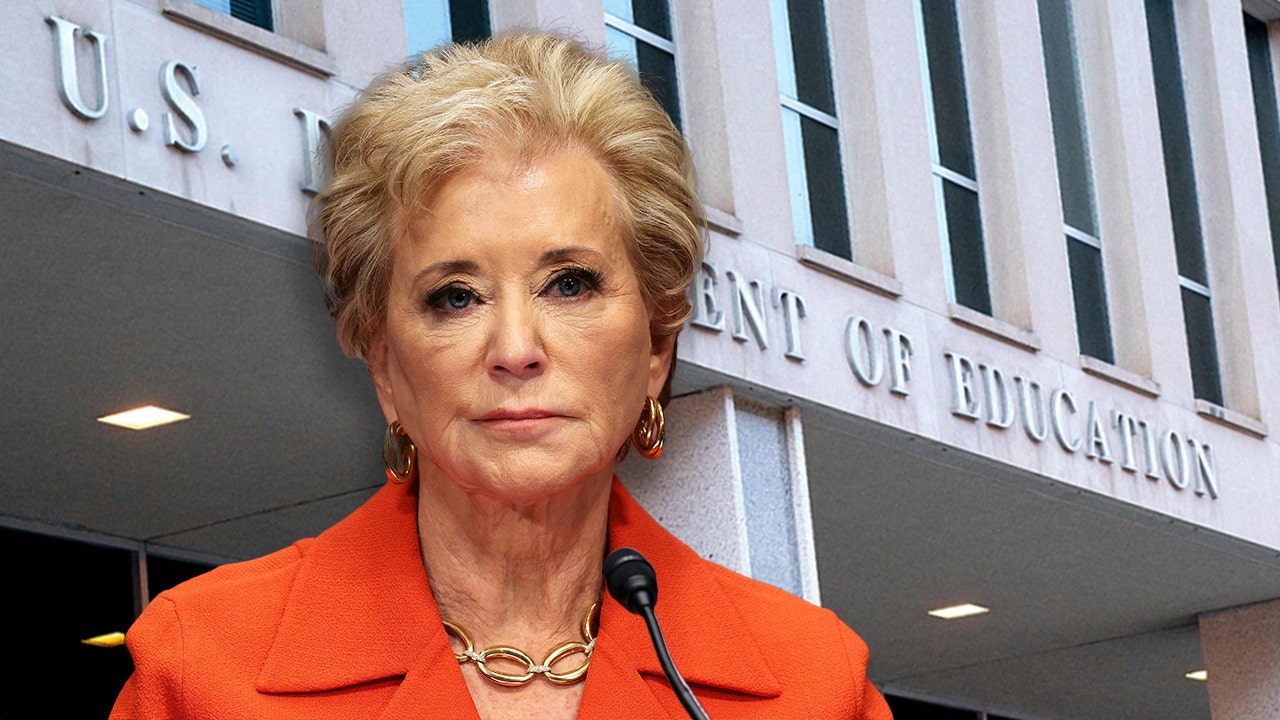France accused Moscow on Tuesday of using energy supplies as a “weapon of war,” as Russian gas giant Gazprom cut deliveries to one of its main utilities and announced plans to halt flows along a major pipeline to Germany beginning Wednesday.
European governments are attempting to find a solution to soaring energy costs for businesses and households, as well as alternatives to Russian supply for winter storage.
Western nations are concerned that Moscow is raising gas prices to weaken their resolve to oppose Russia’s invasion of Ukraine, a tactic Ukraine’s President Volodymyr Zelenskiy dubbed “economic terrorism” on Monday. Moscow denies any involvement.
The Nord Stream 1 pipeline, which transports Russian gas into Europe, has become a flashpoint in Russia’s economic war with Brussels. Europe has already been warned that supplies will be squeezed as Gazprom shuts down Nord Stream 1 for maintenance from Wednesday to Friday.
According to Kremlin spokesman Dmitry Peskov, the only thing preventing gas from being delivered via Nord Stream 1 are technological issues caused by Western sanctions.
However, France’s Energy Transition Minister Agnes Pannier-Runacher stated on Tuesday, “Very clearly, Russia is using gas as a weapon of war, and we must prepare for the worst-case scenario of total supply disruption.”
She was speaking to France Inter radio after French utility Engie announced on Tuesday that it would receive less gas from Gazprom due to an unspecified contractual dispute.
Russia has been pumping gas through Nord Stream 1 at only 20% capacity, and there are fears that the outage this week will be extended.
“There are guarantees that, apart from technological problems caused by sanctions, nothing hinders supplies,” Kremlin spokesman Dmitry Peskov said when asked if Gazprom will restart gas flows via Nord Stream 1.
BILL RISING
On September 9, European energy ministers will convene in an emergency meeting to discuss the crisis.
Germany, Europe’s largest economy, is willing to discuss a price-cap scheme for gas supplies at the European level, according to an Italian source who cited a text message sent by Germany’s economy minister to his colleagues across Europe.
According to the source, Robert Habeck sent a message to European energy ministers indicating that Berlin was willing to discuss the price cap at the meeting next week.
Italian Prime Minister Mario Draghi has advocated for a price cap, as well as steps to decouple the cost of electricity from the price of gas. This would allow European households to reap the benefits of electricity generated from less expensive sources, such as renewables.
On Tuesday, benchmark Dutch wholesale gas prices eased as Europe neared its target of 80% filling of gas stations, the idea of a price cap circulated, and traders took profits after record high prices last week.
On Tuesday morning, the front-month gas contract was down 3% at 259 euros/MWh, off all-time highs set last week, and is trading at levels more than five times higher than a year ago.
“Any action that caps power prices will limit the profitability of burning gas for power generation, which may feed through to lower gas demand,” according to ING analysts.
The rising cost of the crisis was highlighted when EU member Austria announced plans to pump billions of euros into the electricity company that supplies much of Vienna after a price surge in power markets left it unable to afford the guarantees required to cover market transactions.





